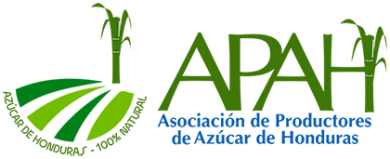Human Rights Policy
The human rights policy is a fundamental element of the sector’s activity and its guiding principles and constitutes one of APAH’s material issues, especially in relation to occupational health and safety.
The International Labor Organization (ILO) establishes in its Constitution “the principle that workers should be protected against illness in general or occupational diseases and accidents resulting from their work”, which is why Occupational Health and Safety is one of the most important pillars for the sugar industry.
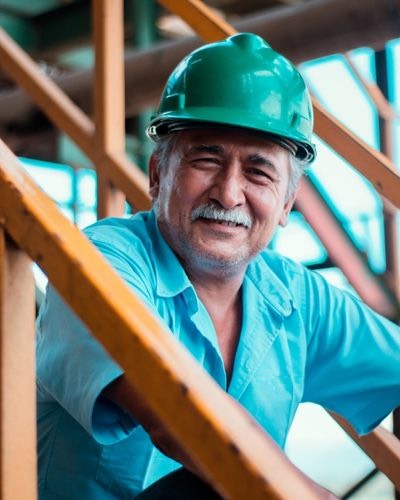
The human rights policy is a fundamental element of the sector’s activity and its guiding principles and constitutes one of APAH’s material issues, especially in relation to occupational health and safety.
The International Labor Organization (ILO) establishes in its Constitution “the principle that workers should be protected against illness in general or occupational diseases and accidents resulting from their work”, which is why Occupational Health and Safety is one of the most important pillars for the sugar industry.
However, the atypical conditions of 2020 required a review and update of the Contingency Plan of each mill, considering the events that occurred: Covid-19 pandemic and tropical storms Eta and Iota.
The implementation and updating of the Contingency Plan is essential because it establishes the guidelines to be followed in the event of situations internal or external to the company that may affect the operation and proper execution of daily activities. This plan is validated by the fire department, which carries out various activities such as training, inspections, and drills as part of the process, in order to achieve the corresponding certification.
Another important premise is the attention to any complaints that may arise, which is why each mill maintains communication mechanisms to directly address complaints or requests from the communities.
Our Human Rights Policy
Adherence to the Universal Charter and the Guiding Principles on Business and Human Rights promulgated by the UN Human Rights.
Acting with due diligence on negative impacts and material issues arising from our operations.
The threats posed by the pandemic and natural phenomena made it possible to strengthen resilience and adapt policies for future risks.
The guiding principles constitute a benchmark for the framework of responsibility and sustainability it has achieved.
Benchmarks in the eradication of child labor.
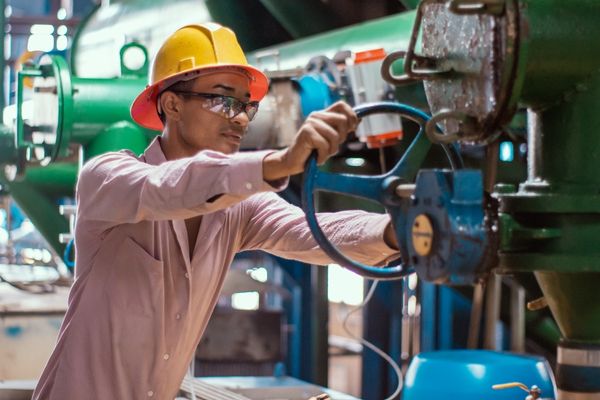
As a socially responsible union, it is essential to manage and promote efficient strategies to provide employees with safe work environments, in order to guarantee successful and safe processes. For this reason, every year the mills make important investments in infrastructure improvement, personnel training, purchase of personal protection equipment, hydration and other factors determined according to each company’s risk matrix.
Training and Education
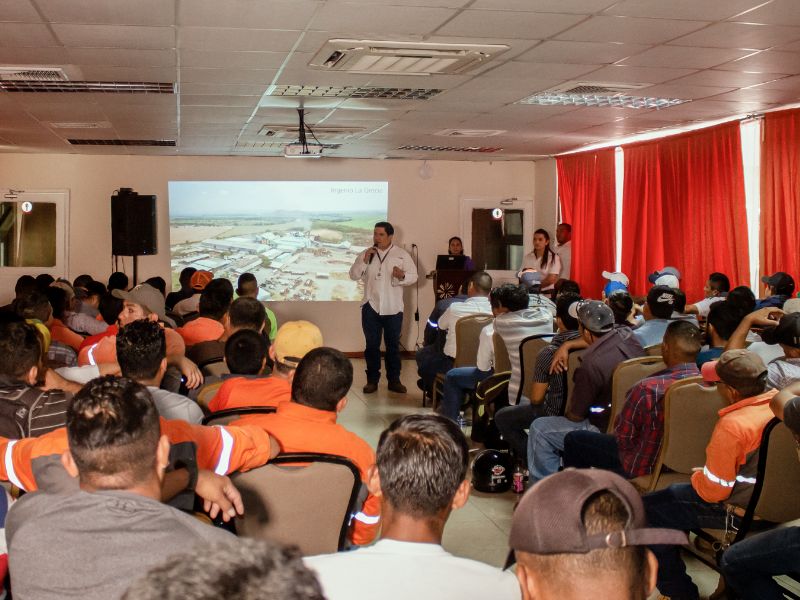
The training process is essential for the achievement of the goals and objectives of organizations, since employees acquire knowledge, attitudes and skills that allow them to perform their tasks more efficiently, which is reflected in increased productivity; however, it also contributes to the development of employees both personally and professionally.
The investment of the mills in training and education reached about L3.6 million lempiras in 2020 and L2.45 million so far in 2021. The variation evidences the effect of the covid-19 pandemic both because some of the beneficiaries stopped studying for a while, as well as because of the reduction in costs by moving to the online modality.
One of the factors to be highlighted is the use of the online modality to access international level training, facilitating the development of the same and allowing the collaborators to have instructors of the highest level. In addition, when the situation allowed for it, training sessions were held in open spaces and/or divided into small groups of people, respecting biosecurity measures at all times. More than 5,000 people benefited in 2020 and around 4,000 in 2021, at the time of data collection.
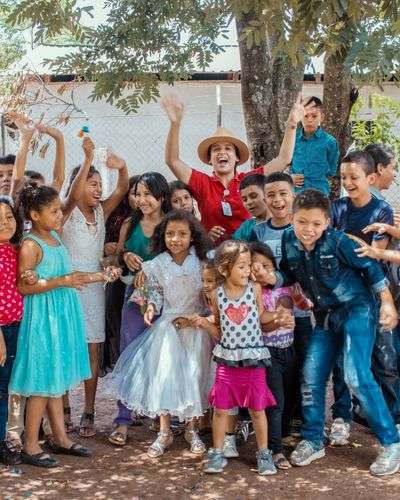
Local communities
For any sector it is essential to establish and maintain harmonious relations with the communities where the companies’ productive activities are carried out, as well as to support them. For this reason, each sugar mill has Social Responsibility departments and/or managers, who are the direct link with the communities.
Each company has developed programs and projects, both directly and through the sector’s Foundation: FUNAZUCAR, which was created in 2005 as an initiative of the members of the Sugar Producers Association of Honduras (APAH) to coordinate social responsibility projects in the agribusiness industry.
